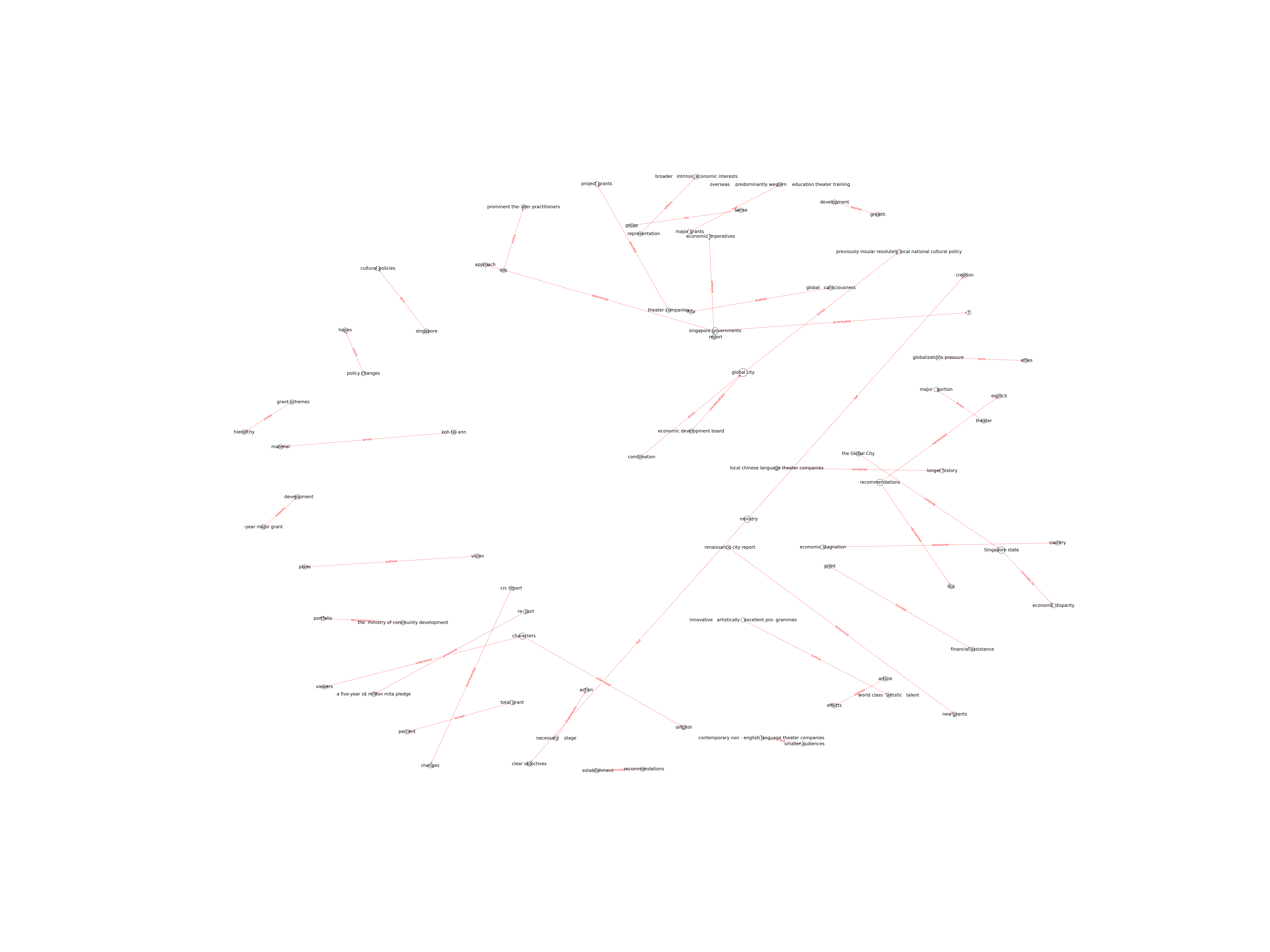| Id | 155 | |
| Author | Chong, T., | |
| Title | Singapore's cultural policy and its consequences | |
| Reference | Chong, T. (2005). Singapore's cultural policy and its consequences. Critical Asian Studies, 37(4): 553‑568. |
|
| Keywords | Cultural change; Social policy; Theatre |
|
| Link to article | https://doi.org/10.1080/14672710500348455 |
|
| Abstract | This article explores the effects of Singapore's Global City for the Arts project on the local theater industry It begins by describing the character of the Singapore state and its ability to meet the challenges of globalization. It then shows that while historically global in orientation, the city-state's early cultural policies were resolutely local and insular prior to the economic recession in 1985. From that year on, local arts and culture was driven by an economic rationale - eventually culminating in the birth of a globally oriented national cultural policy: the Global City for the Arts project. The author contends that the Global City for the Arts project has pressured the Singapore state into shedding some of its authoritarian practices in order to conform to international norms. However, the author also illustrates how certain theater companies with the requisite cultural capital for the Global City for the Arts project have benefited from the country's cultural policies while others that do not possess such cultural capital are marginalized. The article concludes by arguing that the Singapore state, in going global, exacerbates the economic disparity by accentuating preexisting inequalities and divisions in the local. |
|
| Metodology | The author conducts desk research (documentary analysis) and interviews. |
Technique | Interview; Document analysis |

Note: Due to lack of computing power, results have been previously created and saved in database


